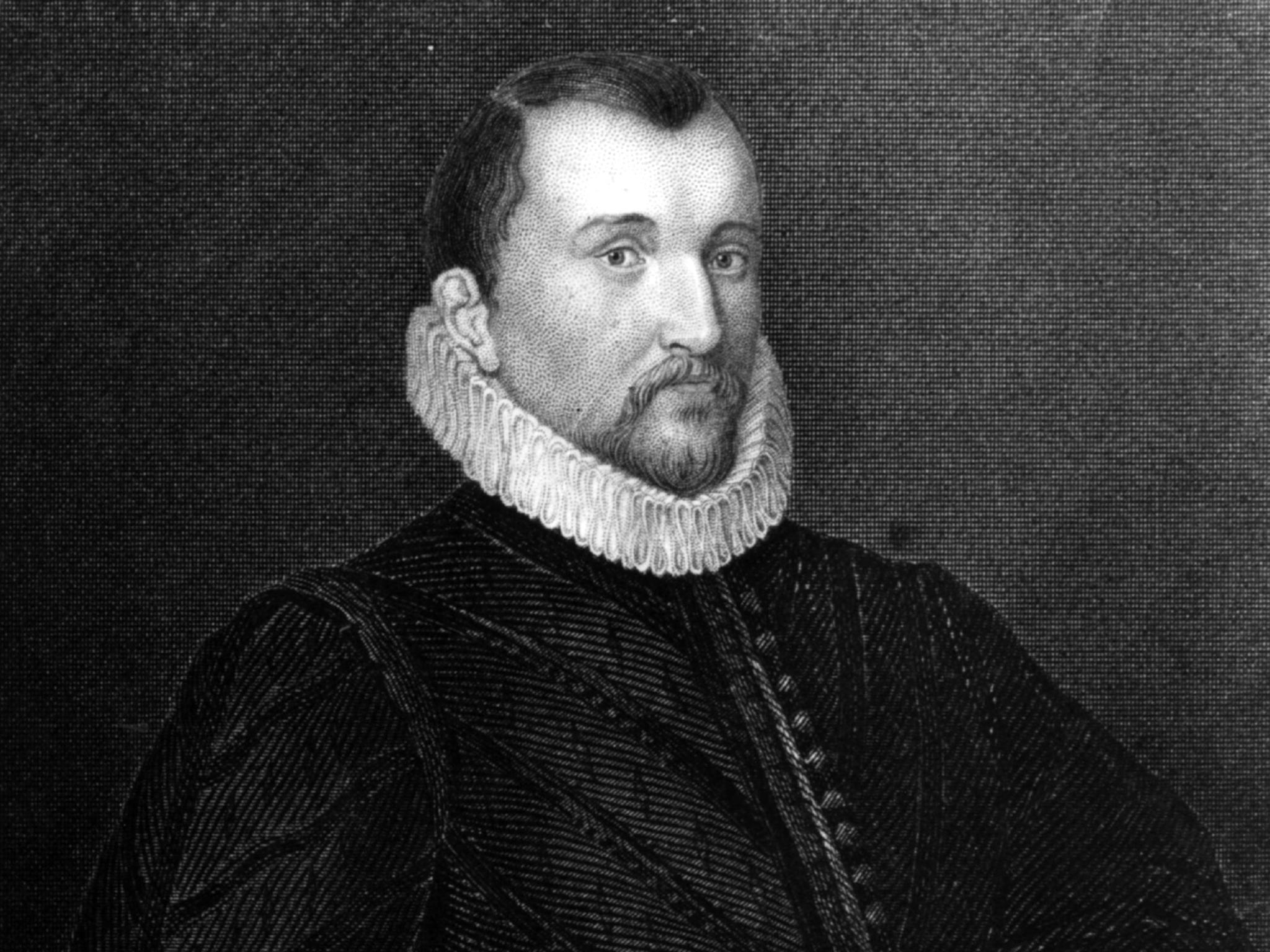Los Angeles votes to replace Columbus Day with Indigenous People’s day
Columbus has been a divisive figure in American history

Your support helps us to tell the story
From reproductive rights to climate change to Big Tech, The Independent is on the ground when the story is developing. Whether it's investigating the financials of Elon Musk's pro-Trump PAC or producing our latest documentary, 'The A Word', which shines a light on the American women fighting for reproductive rights, we know how important it is to parse out the facts from the messaging.
At such a critical moment in US history, we need reporters on the ground. Your donation allows us to keep sending journalists to speak to both sides of the story.
The Independent is trusted by Americans across the entire political spectrum. And unlike many other quality news outlets, we choose not to lock Americans out of our reporting and analysis with paywalls. We believe quality journalism should be available to everyone, paid for by those who can afford it.
Your support makes all the difference.Los Angeles is removing Christopher Columbus’ name from the calendar, and will replace it with a nod to the indigenous people of America.
The city’s council voted to rename the holiday dedicated to the man popularly believed to have discovered the North American continent, and will instead celebrate the people who were already living in the Americas when the famed Italian explorer first set foot on Caribbean islands back in 1492.
Columbus Day, with is recognised as a federal holiday, is celebrated on the second Monday of October in the US.
Efforts to rename the holiday in the large Californian city have been underway since 2015, when Councilman Mitch O’Farrell introduced the proposal, saying that Columbus’ legacy was one of “extreme violence, enslavement, and brutality.” Mr O’Farrell, a member of the Wyandotte Nation tribe, also said that Columbus’ legacy was one of “the suffering, destruction of cultures, and subjugation of Los Angeles’ original indigenous people, who were here thousands of years before anyone else.”
Columbus’ history in the United States has been divisive. While many young Americans are told a spectacular story of Columbus setting sail in 1492 to prove that the Earth is round, and became the first man of Europe to discover the new world, others are skeptical of this history. Columbus is also said to have written favorably about the indigenous people he encountered on his voyages in his diaries.
Those critical of the national honoring of Columbus note that there are several problems with that storyline. Columbus, they note, did not need to prove that the Earth was round because the ancient Greeks had done that long before the modern calendar even began at zero. The explorer likely wasn’t even the first European to land in the Americas, either. And, to top off that history, Columbus has been accused of ravaging indigenous people once he got to America, demanding that they bring him gold and cutting of their hands — or executing them — if they failed to provide the goods.
Join our commenting forum
Join thought-provoking conversations, follow other Independent readers and see their replies
Comments